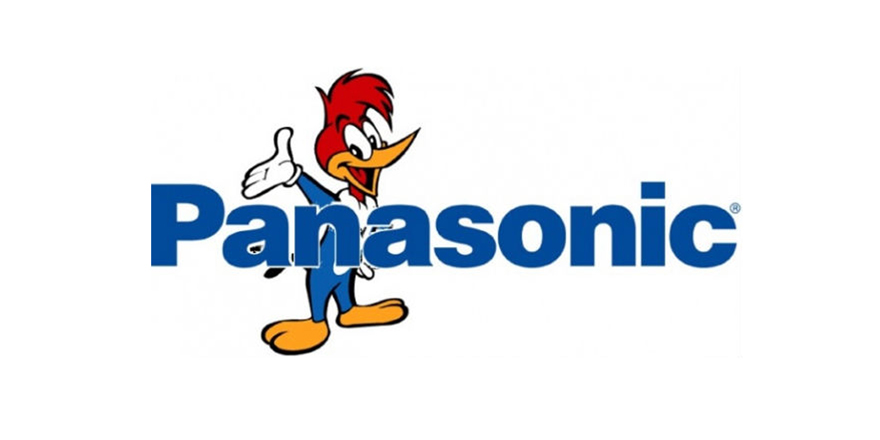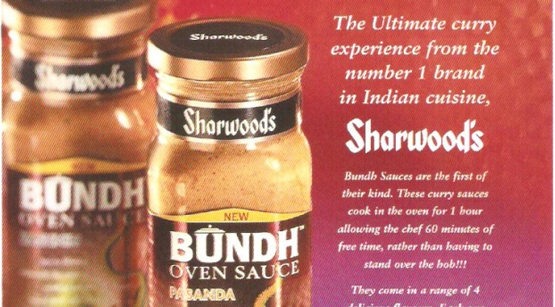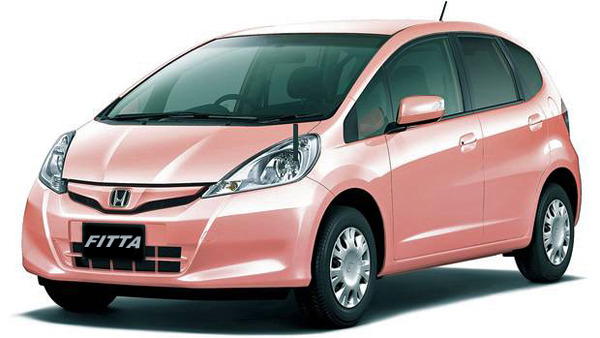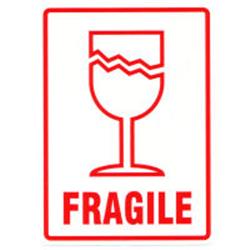The 10 Best Cross Cultural Marketing Blunders
Cultural differences have a long and rich history of ruining marketing campaigns!
Although a little cruel, cross cultural marketing fails are a humorous means of understanding the impact poor cultural awareness can have when selling or working abroad.
Marketing is perhaps one of the trickiest elements to get right when taking your business or product into new and unchartered territories.
Language, culture, local practices and many other factors heavily influence success or failure.
Many companies have learned the hard way that you have to think outside of your own cultural bubble when it comes to marketing abroad and be very much in tune with local means and ways.
For your reading pleasure we have provided 10 of our favourite cross cultural marketing failures below.
1. Locum is a Swedish company. As most companies do at Christmas they sent out Christmas cards to customers.
In 1991 they decided to give their logo a little holiday spirit by replacing the "o" in Locum with a heart. You can see the result.

2. The Japanese company Matsushita Electric was promoting a new Japanese PC for internet users. Panasonic created the new web browser and had received license to use the cartoon character Woody Woodpecker as an interactive internet guide.

The day before the huge marketing campaign, Panasonic realised its error and pulled the plug. Why? The ads for the new product featured the following slogan: "Touch Woody - The Internet Pecker."
The company only realised its cultural blunder when an embarrassed American explained what "touch Woody's pecker" could be interpreted as!
3. The Swedish furniture giant IKEA somehow agreed upon the name "FARTFULL" for one of its new desks. Enough said...

4. In the late 1970s, Wang, the American computer company could not understand why its British branches were refusing to use its latest motto "Wang Cares". Of course, to British ears this sounds too close to "Wankers" which would not really give a very positive image to any company.
5. There are several examples of companies getting tangled up with bad translations of products due to the word "mist". We had "Irish Mist" (an alcoholic drink), "Mist Stick" (a curling iron from Clairol) and "Silver Mist" (Rolls Royce car) all flopping as "mist" in German means dung/manure. Fancy a glass of Irish dung?
6. "Traficante" and Italian mineral water found a great reception in Spain's underworld. In Spanish it translates as "drug dealer".
7. In 2002, Umbro the UK sports manufacturer had to withdraw its new trainers (sneakers) called the Zyklon. The firm received complaints from many organisations and individuals as it was the name of the gas used by the Nazi regime to murder millions of Jews in concentration camps.
8. Sharwoods, a UK food manufacturer, spent £6 million on a campaign to launch its new Indian 'Bundh' sauce range. It received calls from numerous Punjabi speakers telling them that "bundh" sounded just like the Punjabi word for "arse"/"ass".
9. Honda introduced their new car "Fitta" into Nordic countries in 2001. If they had taken the time to undertake some cross cultural marketing research they may have discovered that "fitta" was an old word used in vulgar language to refer to a woman's genitals in Swedish, Norwegian and Danish. In the end they renamed it "Honda Jazz".
10. Not strictly marketing but it's about graphic design, a nice cross cultural example of the fact that all pictures or symbols are not interpreted the same across the world. Staff at an African port saw the "internationally recognised" symbol for "fragile" (i.e. broken wine glass) and presumed it was a box of broken glass. Rather than waste space they threw all the boxes into the sea!
You might also be interested in the following:
Main photo by the blowup on Unsplash
By accepting you will be accessing a service provided by a third-party external to https://www.commisceo-global.com./

 +44 0330 027 0207 or +1 (818) 532-6908
+44 0330 027 0207 or +1 (818) 532-6908






